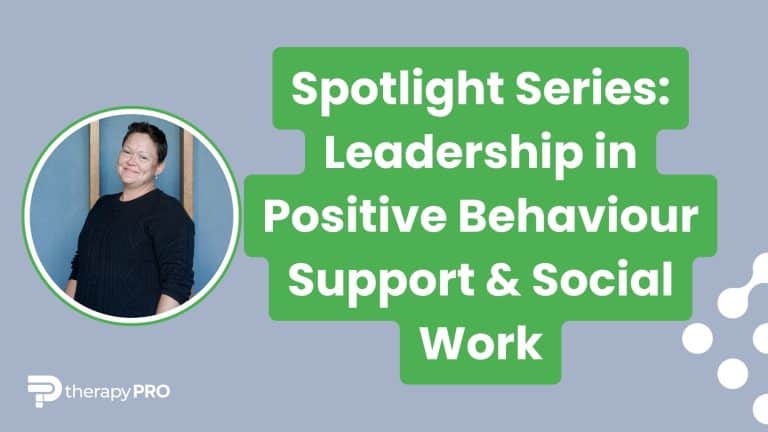Identifying Compassion Fatigue Symptoms Among Leaders
In the world of healthcare leadership where the well-being of others is constantly at the forefront, compassion fatigue symptoms can become an over-looked challenge in healthcare leadership.
In this second article in our series dedicated to leadership and coaching skills, we will explore more about what compassion fatigue is, compassion fatigue symptoms, and specifically outline how healthcare leaders can address these to create a supportive environment.
Our first article explored the Crucial Skills for Elevated Leadership in Healthcare.
What is Compassion Fatigue?
Compassion fatigue is a unique form of emotional exhaustion that arises from the constant demands of caring for others. While the role of a healthcare leader might be predominantly focused on managing teams and operational efficiency, the emotional toll of this work, especially in high-stress environments, can be significant.
As we delve into this topic, it’s crucial to acknowledge the reality of compassion fatigue and its potential impact on those at the helm of healthcare organisations.
What are the Symptoms of Compassion Fatigue?
Compassion fatigue symptoms arise from the empathetic engagement healthcare leaders extend to their teams, clients, and the broader healthcare community, taking a toll emotionally.
Unlike general burnout, which can result from prolonged workplace stress in any setting, compassion fatigue has its roots in the very empathy that makes healthcare leaders effective.
It’s a paradoxical situation where their strength, in the form of deep empathy, can, over time, lead to an emotional drain resulting in decreased capacity for compassion towards both themselves and others.
Compassion fatigue can subtly creep in, often going unnoticed until its effects become pronounced in both personal well-being and professional performance.
Symptoms of compassion fatigue can include:
- A diminished sense of empathy
- Challenges in making decisions
- Increased irritability
- A feeling of disconnection from one’s role
Healthcare leaders may notice themselves becoming unusually cynical, emotionally exhausted, or lacking the motivation that once drove their passion, affecting their ability to lead effectively and impacting team morale and dynamics.
Impacts on Professional and Personal Levels
Addressing compassion fatigue symptoms in healthcare leadership is not a sign of weakness; rather, it is a crucial step towards sustainable, effective leadership in healthcare.
The consequences of unaddressed compassion fatigue are far-reaching.
Professionally, it can lead to reduced quality of patient care, increased errors, and ineffective team management. Additionally, the ripple effects of a leader’s compassion fatigue can extend to their entire team, impacting morale, increasing turnover rates, and potentially leading to a culture of burnout within the department or organisation.
On a personal level, it might manifest in strained relationships, physical health issues, emotional and mental health challenges, or a pervasive sense of dissatisfaction.
For healthcare leaders, who are often perceived as resilient and strong, acknowledging these vulnerabilities can be particularly challenging. However, recognising and addressing these issues is vital, not only for the well-being of the leaders themselves but also for the health of their teams and the quality of care they provide.
Strategies for Addressing Compassion Fatigue
Combatting compassion fatigue involves a multi-faceted approach.
Self-care strategies such as mindfulness, adequate rest, and setting boundaries are foundational. Leaders should also be encouraged to seek professional support when needed, engage in regular peer discussions, and foster a culture where emotional challenges can be openly discussed without stigma.
Organisations play a vital role in supporting leaders dealing with compassion fatigue.
This includes providing access to mental health resources, encouraging a balanced workload, and creating an environment where seeking help is seen as a sign of professional responsibility, not a weakness. Training programs that focus on emotional intelligence, stress management, and effective communication can empower leaders to recognise and manage the early signs of compassion fatigue.
Addressing compassion fatigue in leadership in healthcare is about individual resilience as well as creating an ecosystem that acknowledges the emotional demands of these roles and actively supports the well-being of its leaders.
At Therapy Pro, our commitment to nurturing leadership goes beyond skill development; we recognise the importance of emotional well-being and provide resources that cater to this crucial aspect.
We invite healthcare professionals and leaders to explore our comprehensive leadership and coaching programs, designed to equip them with the tools for effective leadership and strategies to manage the emotional challenges that come with it.
Learn how our approach to leadership is different and can transform your experience in healthcare to lead you towards a more fulfilling professional journey.
Next: Creating a Culture of Psychological Safety in Teams
Psychological safety is a critical concept for teams and the people that lead them. Team psychological safety is the collective understanding within a group that taking risks, voicing ideas and concerns, asking questions, and acknowledging mistakes is not only acceptable but encouraged, all without the worry of facing negative repercussions.
Creating a culture of psychological safety is essential for innovative, high performing teams.
In our next article in this series dedicated to leadership and coaching skills, we will take a closer look at what psychological safety in the workplace looks like and the far-reaching benefits to both the individuals and the organisation when it is fostered and entrenched in the culture.
Follow our LinkedIn page for more or sign up here to be notified when our newest articles are released.




